We offer a wide range of services to help your pharma or biotech company run smoothly.
Designing, programming, and maintaining PLC systems that control machinery and processes in the facility.
Creating user-friendly interfaces for operators to monitor and control industrial processes.
Implementing Supervisory Control and Data Acquisition (SCADA) systems to gather and analyze real-time data for operational control and monitoring.
Creating customized reports from operational data gathered the HMI’s or SCADA system in order to analyze real-time data for profitability and maintenance purposes.
Configuring and troubleshooting industrial communication networks (e.g., Ethernet/IP, Profinet) to ensure reliable data transfer between devices and systems.
Designing and programming systems for precise control of motors, servos, and other actuators used in manufacturing processes.
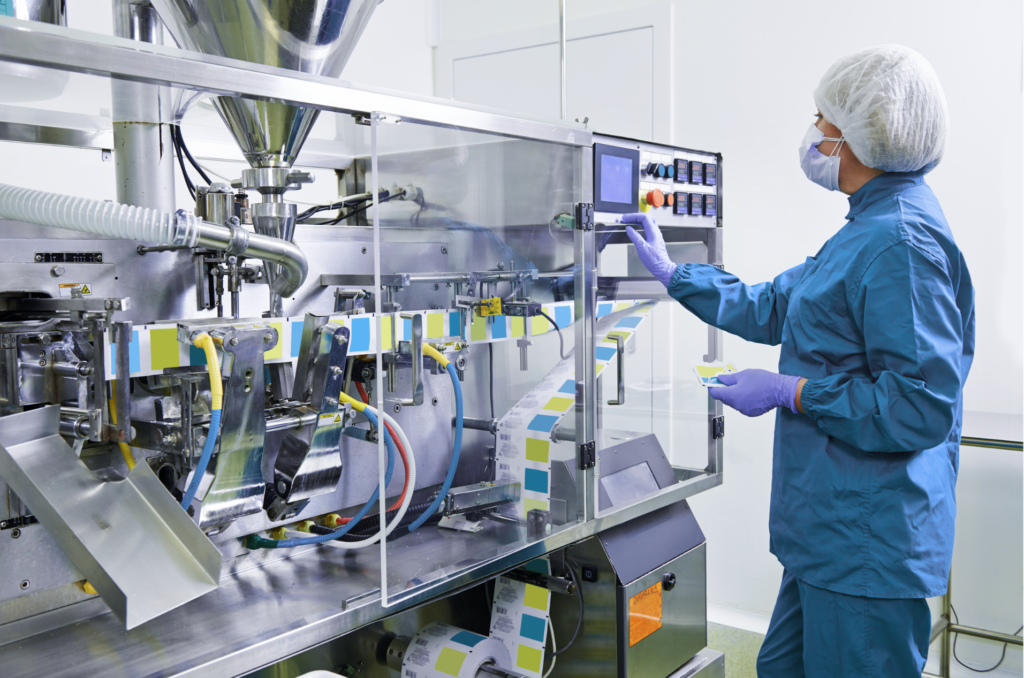
Designing and programming systems for precise control of motors, servos, and other actuators used in manufacturing processes.
Programming and integrating robotic systems for tasks such as assembly, packaging, and material handling.
Selecting, installing, and calibrating sensors and instruments to measure and control variables like temperature, pressure, flow, and level.
Designing electrical control panels, specifying components, and diagnosing electrical issues to ensure safe and efficient operation.
Analyzing process data to identify opportunities for efficiency improvements, quality enhancements, and cost reductions.
Implementing safety systems and protocols (e.g., emergency stop circuits, safety interlocks) to protect personnel and equipment.
Leading or contributing to projects involving control systems, from initial design through implementation and commissioning.
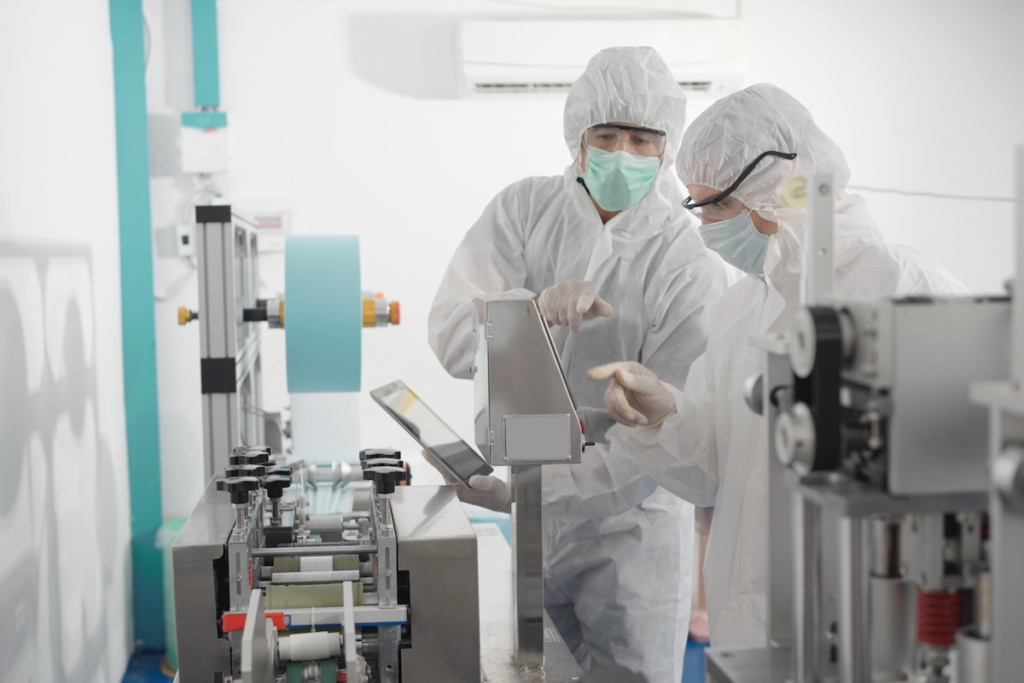
Participating in lean manufacturing initiatives and applying principles like Six Sigma to optimize processes and reduce waste.
Providing training to operators and maintenance personnel on new control systems and documenting procedures and standards.
Providing training to operators and maintenance personnel on new control systems and documenting procedures and standards.
Ensuring that control systems meet industry standards and regulatory requirements (e.g., OSHA, NFPA, etc.) for safety and environmental protection.
Providing rapid response to diagnose and resolve control system issues to minimize downtime and maintain production efficiency.
Implementing and managing data historian systems to store and analyze historical process data for performance monitoring, maintenance and decision-making.
Developing and implementing systems to monitor and optimize energy usage in manufacturing processes, contributing to sustainability goals.
Setting up systems for remote monitoring and control of industrial processes, allowing for real-time adjustments and troubleshooting.
Implementing cybersecurity measures to protect control
systems from cyber threats and ensuring data integrity and system availability.
Implementing strategies for the maintenance and lifecycle management of control system assets to maximize reliability and longevity.
Using software tools to simulate and model control systems and processes, facilitating design validation and optimization.
Developing and integrating systems for quality control and assurance in manufacturing processes, ensuring consistent product quality.
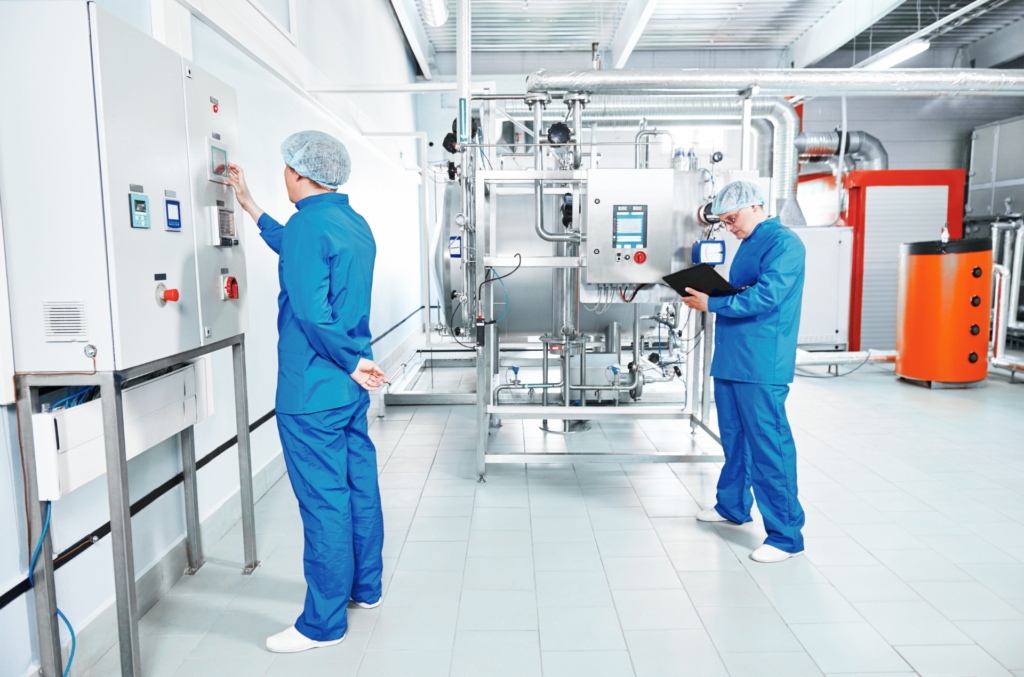
Collaborating with supply chain partners to integrate control systems for seamless production planning, scheduling, and logistics.
Collaborating with supply chain partners to integrate control systems for seamless production planning, scheduling, and logistics.
Implementing and integrating machine vision systems for automated inspection and quality control in manufacturing processes.
Maintaining accurate documentation of control system designs, specifications, and modifications for compliance and future reference.
Developing contingency plans and protocols for emergency situations, ensuring quick response and minimal impact on operations.
Staying updated with industry standards, regulations, and best practices related to control systems and manufacturing processes.
Working closely with engineers from different disciplines (mechanical, electrical, software) and equipment manufacturers to integrate control systems into overall manufacturing processes.
Providing technical support and service to customers for installed control systems, addressing inquiries and resolving issues promptly.
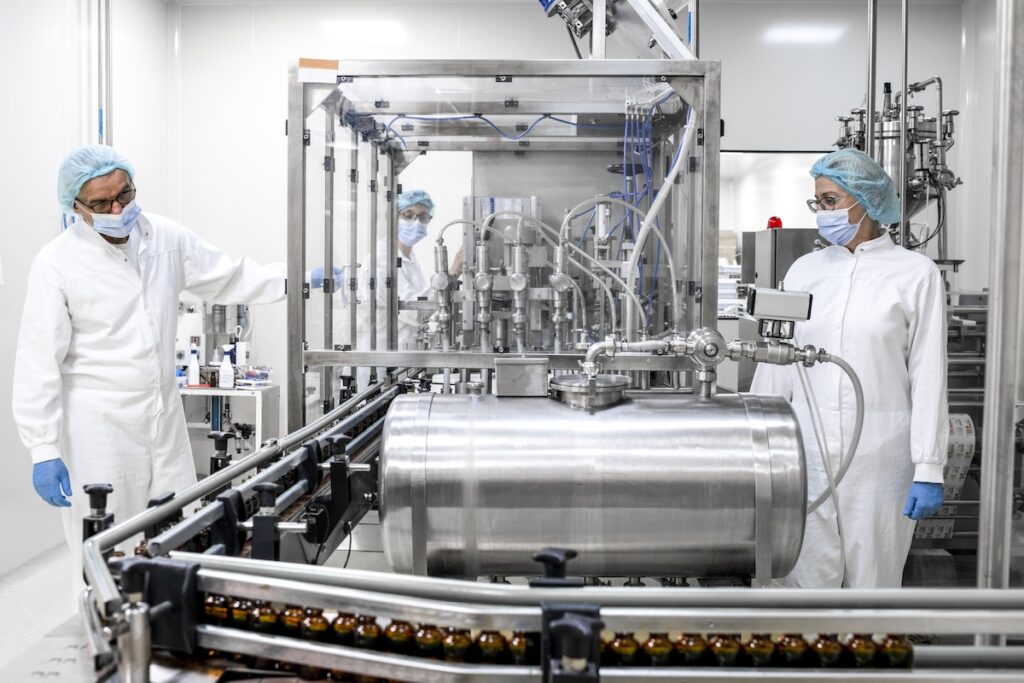
Demonstrating flexibility and strong problem-solving skills to address unique challenges and optimize control systems in dynamic manufacturing environments.
Designing, configuring, and maintaining DCS for centralized control of complex processes.
Designing, configuring, and maintaining DCS for centralized control of complex processes.
Implementing automation solutions to streamline manufacturing processes, reduce manual intervention, and improve efficiency.
Developing and implementing predictive maintenance strategies using data analytics and condition monitoring to minimize downtime and optimize equipment reliability.
Ensuring that control systems meet regulatory standards such as FDA (for pharmaceuticals), ISO (for quality management).
Integrating control systems with other enterprise systems (such as ERP) to enable seamless data flow and synchronization across the organization.
Performing FMEA to proactively identify potential failure modes in control systems and develop mitigation strategies.
Calibrating and maintaining instrumentation devices to ensure accurate measurement and control of process variables.
Managing documentation and change control processes for control system modifications, ensuring accuracy, compliance, and traceability.
Implementing process safety management (PSM) systems to prevent accidents, protect personnel, and maintain environmental compliance.
Conducting audits and assessments of control systems to ensure adherence to internal standards, industry regulations, and best practices.
Utilizing big data analytics techniques to derive actionable insights from large volumes of process data, enabling data-driven decision-making.
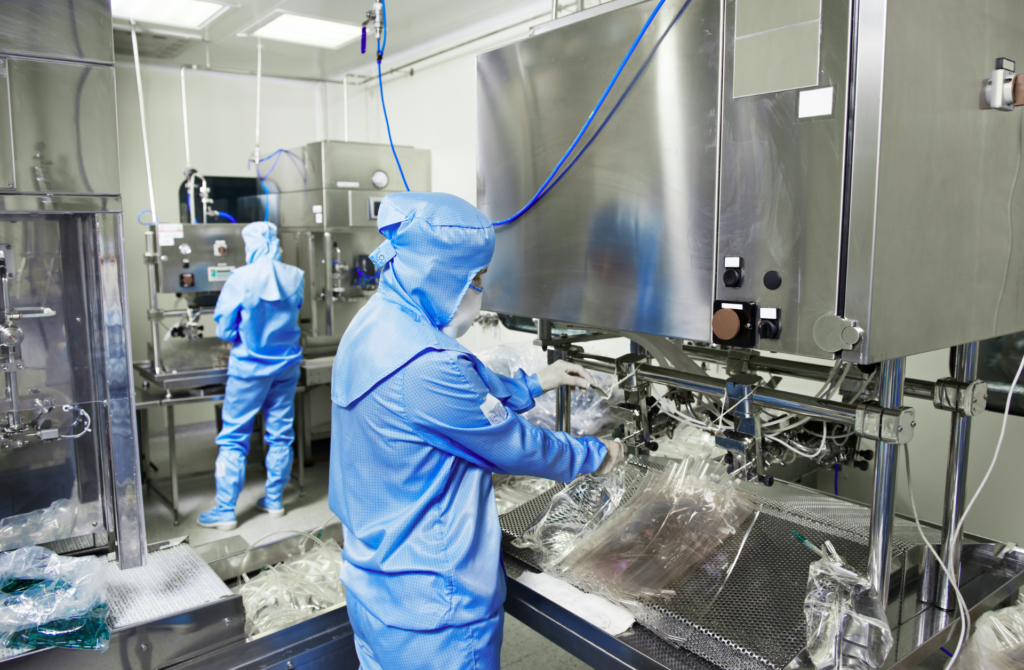
Utilizing big data analytics techniques to derive actionable insights from large volumes of process data, enabling data-driven decision-making.
Using simulation tools for virtual commissioning of control systems to validate designs, optimize performance, and reduce commissioning time.
Implementing advanced control strategies (such as model predictive control or adaptive control) to improve process stability, performance, and efficiency.
These skills collectively enable controls engineers to not only ensure the smooth operation of manufacturing facilities but also to drive continuous improvement, innovation, and competitiveness in the industry.